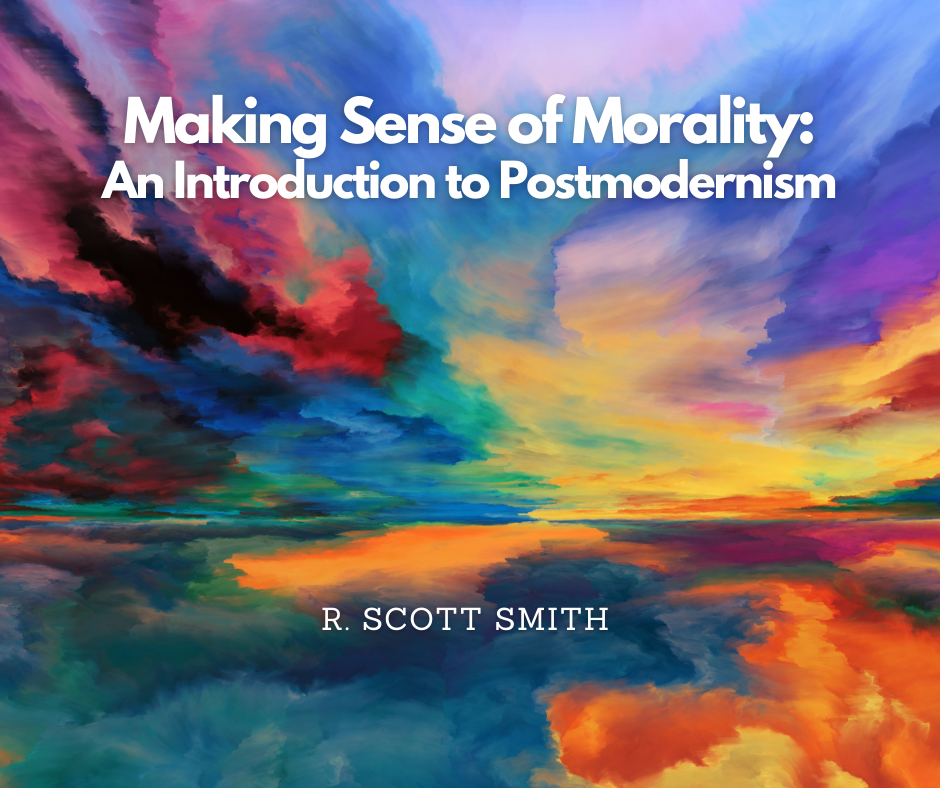Making Sense of Morality: Naturalism and Moral Cognitivist Options: Subjectivism
/Editor’s note: R. Scott Smith has graciously allowed us to republish his series, “Making Sense of Morality.” You can find the original post here.
Naturalism and Moral Cognitivist Options: Subjectivism
In terms of the meaning of moral sentences, naturalists also could be cognitivists. They maintain moral claims are truth apt, yet they still deny there are any intrinsically moral properties. There are three main branches of moral cognitivism: subjectivism, error theory, and objectivism. Subjectivists generally reduce morals to what a speaker likes or dislikes (private subjectivism), or what a culture likes or dislikes (cultural relativism). This essay will look at subjectivism in general, and then in particular at that of Gilbert Harman.
In general, while subjectivist theories about the meaning of moral statements are compatible with naturalism, there is an obvious problem with them – they reduce moral claims, which are normative, into merely descriptive ones. But that does not seem to do justice when we claim (for example) that murder is wrong. We do not mean that we simply dislike murder; rather, we mean it is wrong. For example, when we see people cry out for justice when a murder has been committed, it is not because they merely dislike murder. Instead, they know something morally wrong has been committed, and justice should be done.
Harman’s Subjectivism
Now, for Harman (b. 1938), there is another sense of subjectivism. According to him, moral facts are natural facts. Consistent with naturalism, there are no intrinsically moral facts. Moral facts should be understood as being relational facts, which are about reasons that are grounded in a given subject’s goals. Moreover, our moral beliefs arise from our interaction with natural facts. But that interaction always is conditioned by our upbringing and psychology, so all moral beliefs are our constructs. Morals are dependent upon us, so they are subjective in that sense.
In terms of moral reasons, Harman thinks people likely have them only if they have implicitly entered into an agreement with others about what to do. Nevertheless, these motivating reasons will not be the same for all, and he thinks it is likely only some people have made those agreements. So, Harman’s ethics is relativistic.
Discussion
For now, let me make some observations about Harman’s ethics. For one, we can see a consistent naturalistic position at work, that there are no intrinsically moral properties or facts. If everything is natural, and the world has been “disenchanted” of things like essential natures, then surely morals would not have essences either.
Also consistent with naturalism is his relativism, even though many naturalists have not embraced ethical relativism as a system. Still, it is consistent because naturalists usually are nominalists, and on that view, everything is particular. On ethical relativism, there are no universal morals, which fits very much with nominalism.
Notice too that he admits morals are our constructs. This will be true of ethical relativism in general, which we will discuss later. But, later I also will address an issue that I think will show that on naturalism all knowledge, even of morals, must be, at best, just our constructs. This will stand in contrast to what naturalists who are objectivists believe.
For Further Reading
Gilbert Harman, The Nature of Morality: An Introduction to Ethics, and Explaining Value: And Other Essays in Moral Philosophy
R. Scott Smith, In Search of Moral Knowledge, ch. 5




















